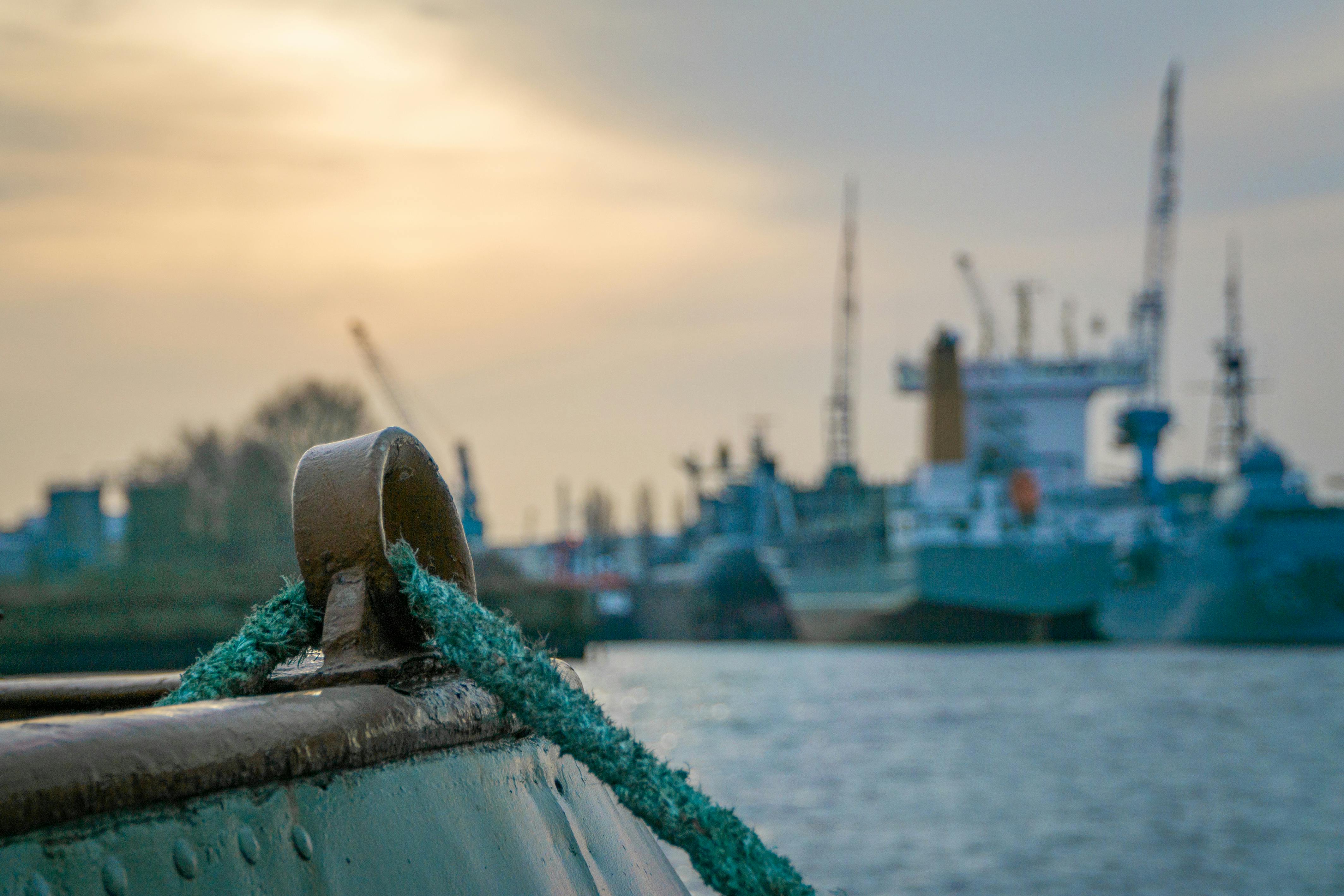
INSIGHTS INTO THE NEW UAE MARITIME LAW ON WRECKS
19 February 2024
Glory Sony
The United Arab Emirates (UAE) has recently ushered in a new era in maritime legislation with the introduction of the New Maritime Law, a departure from the principles outlined in the Nairobi International Convention on the Removal of Wrecks, 2007.
Dubai: Unlike some international counterparts, the UAE chose to maintain its autonomy by incorporating certain aspects of the Wreck Convention into Cabinet Resolution No 71 of 2021 on Marine Wrecks and Violating Ships (Cabinet Resolution).
This precursor resolution, though loosely aligning with the Wreck Convention, laid the groundwork for the comprehensive Federal Decree No. 43 of 2023 (New Maritime Law).
In this transitional period, where the UAE refines its legal framework surrounding wrecks, it is essential to grasp the nuances and key features retained from Cabinet Resolution.
I. PRIMARY OWNER RESPONSIBILITY
The New Maritime Law places a clear onus on vessel owners, mandating the removal of wrecks within 60 days. This timeframe commences not from the receipt of a written warning but from the moment the vessel qualifies as a wreck.
In the event the vessel owners fail to adhere to this timeframe, the authorities retain the right to intervene and initiate wreck removal measures. Moreover, the option to auction the wreck serves as a means for authorities to recover costs associated with raising and removal.
II. Insurance Implications:
Notably, the New Maritime Law diverges from the Wreck Convention by not stipulating a direct action against insurers. However, in practice, Harbor Masters may assert their influence by involving Protection and Indemnity (P&I) Clubs to cover wreck-related expenses. This indirect mechanism could potentially impact insurers' access to future port entries.
III. DEFINITION EXPANSION
A pivotal change introduced by the New Maritime Law is the broadening of the definition of a "wreck." While Cabinet Resolution aligned with the Wreck Convention's definition, the new law takes a more expansive approach.
Under the updated definition, a vessel qualifies as a wreck if it poses a threat to state interests from security, marine safety, or environmental perspectives. Anchoring in unauthorized areas, failure to settle fees, expiration of insurance policies, and improper registration are now explicitly mentioned as grounds for classifying a vessel as a wreck.
IV. POTENTIAL IMPLICATIONS
The expanded definition brings vessels into the category of "wrecks" that may not have conventionally fallen under this classification. This paradigm shift introduces new risks for vessel owners, necessitating a heightened level of diligence.
With authorities granted broader discretion in determining a vessel's wreck status, owners must navigate these waters with increased awareness. While the New Maritime Law omits the requirement for a "written warning," owners are likely to receive notice of their vessel's categorization as a wreck.
IN CONCLUSION
As these legal changes take effect, vessel owners and stakeholders must remain vigilant, adapting to the broader and more encompassing definitions set forth in the New Maritime Law. This understanding is crucial not only to avoid potential legal consequences but also to ensure compliance with the evolving maritime landscape in the UAE.
ALKETBI TOUCH:
ALKETBI team is highly skilled and frequently provides legal assistance specializing in drafting and reviewing all contracts related to shipping, wrecks and vessels registrations, should you want to receive further details or you would like any legal assistance, Let us know!
Latest News



05/23/2025
Gandhi AlMinaj

05/18/2025
Mustafa Salaheldin Eltahir






